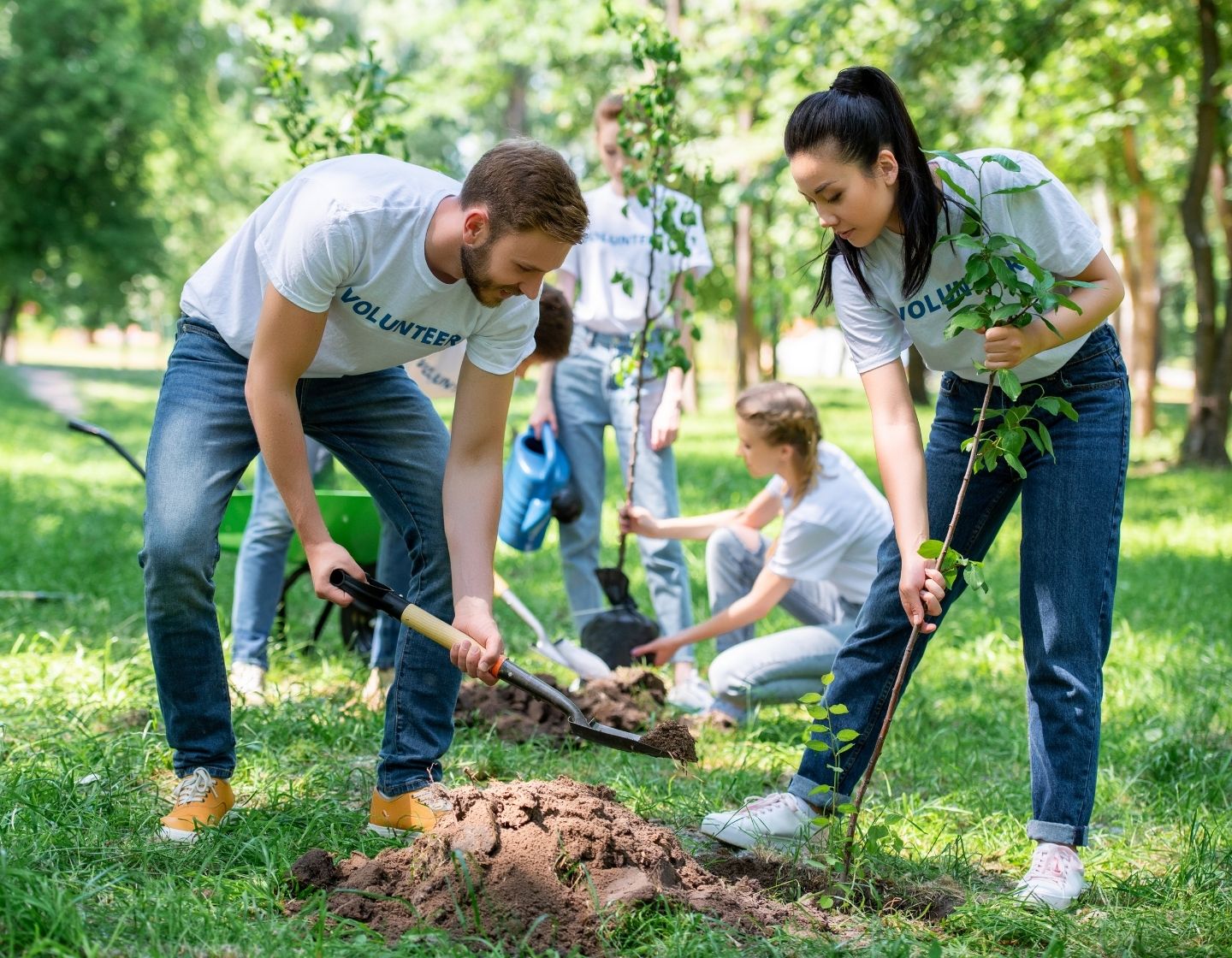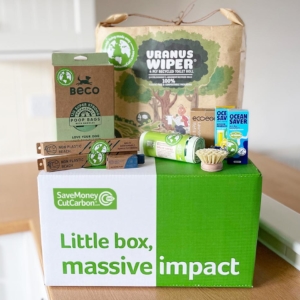What happened in the world of Sustainability in May?
Welcome to our new series, a monthly round up of sustainability news! We thought it would be a good idea to document some sustainable highlights each month, so that you guys can easily have a scroll and keep up to date with the latest news.
Growing concerns over cosmetic’s use of palm oil
There has been growing concerns about palm oil in recent years: it was responsible for 8% of the world’s deforestation from 1990-2008. Today, 70% of all makeup products contain palm oil, but it often disguises itself under hundreds of different names, so it can get pretty confusing.
Makeup artist Emmy Burbridge from Somerset travelled to Papau New Guinea for the BBC to check out the behind the scenes of the cosmetic industry.
Emmy visited one of the largest palm oil plantations in the country, the Benwani Plantation, where she discovered how palm oil production had devastatingly affected the local community. A huge palm oil company had offered a lump sum of cash, improved homes and a better school but the local community told the BBC that they were yet to receive this.
In an emotional speech, locals called the forest their own ‘supermarket’ but they have lost their livelihoods since huge oil companies have taken over.
However, palm oil is the most productive oil around. The main competitors like sunflower and coconut oil need up to ten times more land than palm oil to create the same amount. Luckily, it has the potential to be more sustainable and responsible.
Emmy later travelled to the Kumbango Plantation to witness this firsthand. She found that a small number of companies were producing sustainable palm oil where workers were being treated fairly and less land was being damaged. The same companies are investing in modified seedlings to eventually produce ten times as much fruit using the same amount of land – isn’t science wonderful?!
Although I often check for vegan and cruelty free makeup, I found this news story particularly harrowing because I am most definitely guilty of buying makeup without checking how it has impacted local communities. Watching how my dozens of lip glosses has affected local communities made me super emotional and I’m so glad it was bought to my attention so that moving forward, I can be an ethical consumer.
This piece was necessary for those of us that had no clue how much work goes into making one single lipstick – something I regretfully took for granted.
But sadly, it’s more difficult than you may realise as there is no sustainable badge for the cosmetic industry. So it’s up to us to perform the research ourselves.
When the BBC asked leading brands about their use of palm oil, only L’Oreal, The Body Shop and Barry M said that they use 100% sustainable palm oil. Chanel, Estee Lauder and Lush didn’t respond at all.
To tackle this problem, environmental groups like Greenpeace and the WWF don’t suggest boycotting palm oil altogether, instead they suggest finding products that use sustainable palm oil. And if your favourite brands fall short, ask them why!
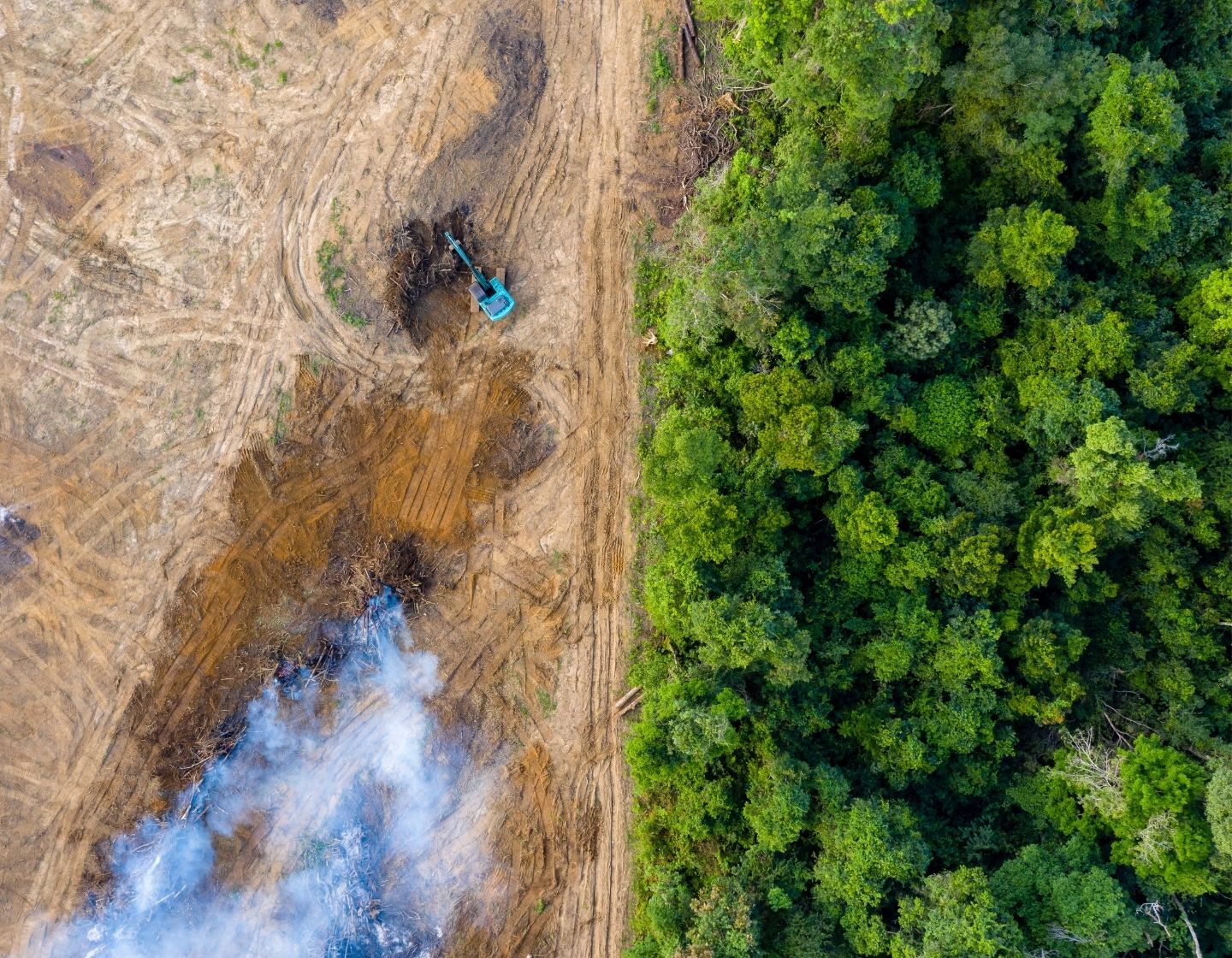
Pandora switch to lab-made diamonds rather than mined diamonds
Due to concerns over the mining industry, laboratory-made alternative diamonds have increased in demand. As such, Pandora will no longer sell mined diamonds.
The coronavirus has done nothing to help the diamond industry. In fact, production fell 18% in 2020. Lab-made diamonds will make diamonds far cheaper: Chief Executive Alexander Lacik explains that they can be made for “a third of what it is for something that we’ve dug up from the ground”. It will also make diamonds more accessible, which Pandora believes will drive sales.
Whereas previously diamonds from Pandora were seen as an occasional gift, they believe diamonds will now be seen as an everyday gift that you can buy for yourself.
However, although lab-made diamonds are more sustainable than mining, there is one issue – they use a lot of energy to produce.
It seems like lower prices are at the forefront of this decision but all in all, a 2020 report by the Human Rights Watch found that major jewellery companies were sourcing their diamonds more sustainably, and Pandora was one of the best performers.
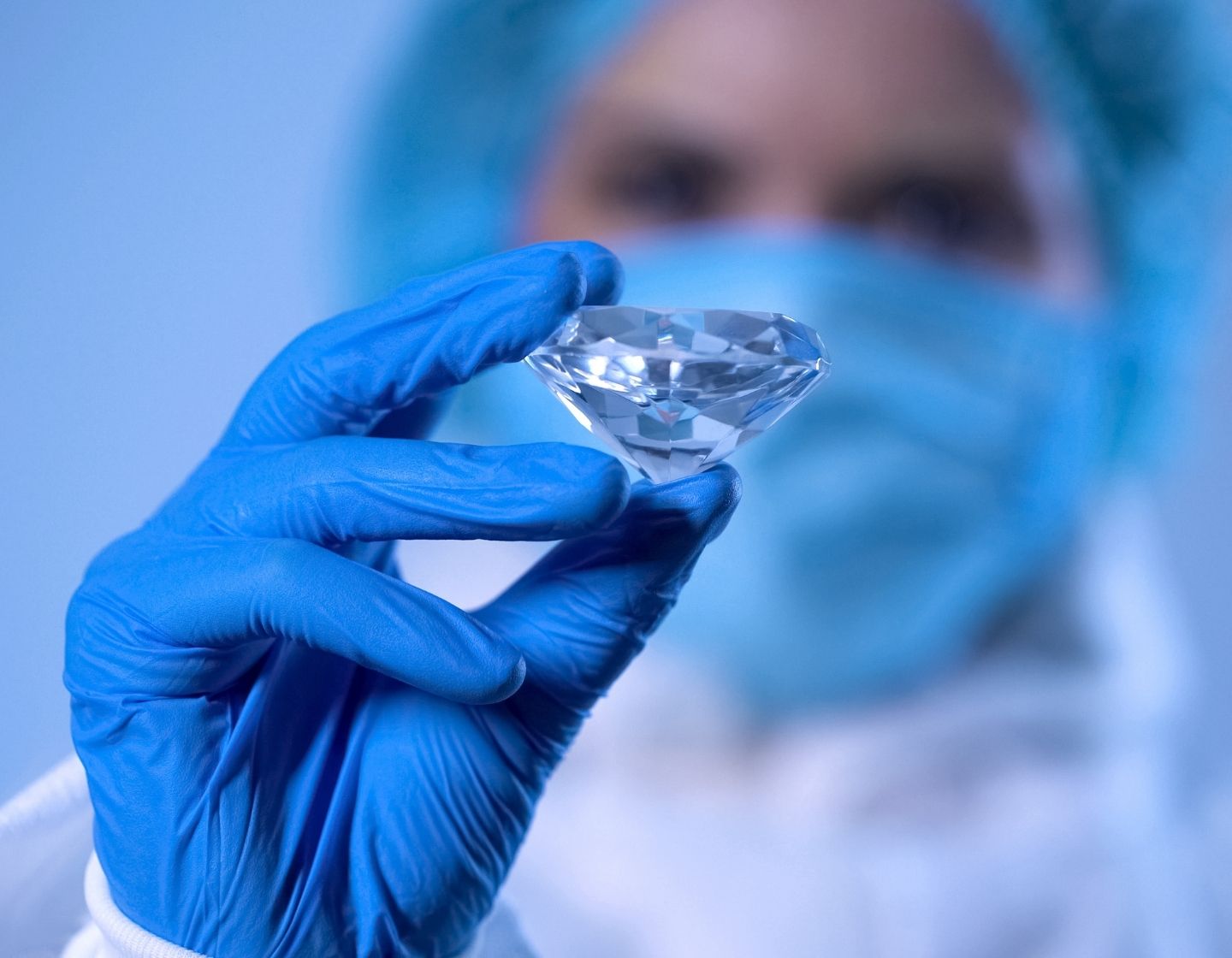
Mother’s Day Flowers highlight devastating environmental impact
A beautiful bunch of flowers for Mother’s Day – the perfect gift? But they come at a hefty environmental price tag. Of the 1.3 billion pound florist industry, 90% of these flowers are imported (mostly from the Netherlands) and grown in heated greenhouses that release huge amounts of Co2.
Other counties such as Kenya are increasing exporters, but transportation to the UK comes with a large amount of energy consumption and pollution.
And it’s not only the flowers themselves. Single-use plastic and floral foam is also used for flower arrangements and wreaths, but they cannot be recycled or composted.
Owner of Jennie’s Floral Design, 27-year-old Shannon Thomas is working with British growers to promote sustainable floristry. Shannon’s designs are foam-free and made out of compostable willow and she aims to use seasonal UK-grown flowers from her own allotment.
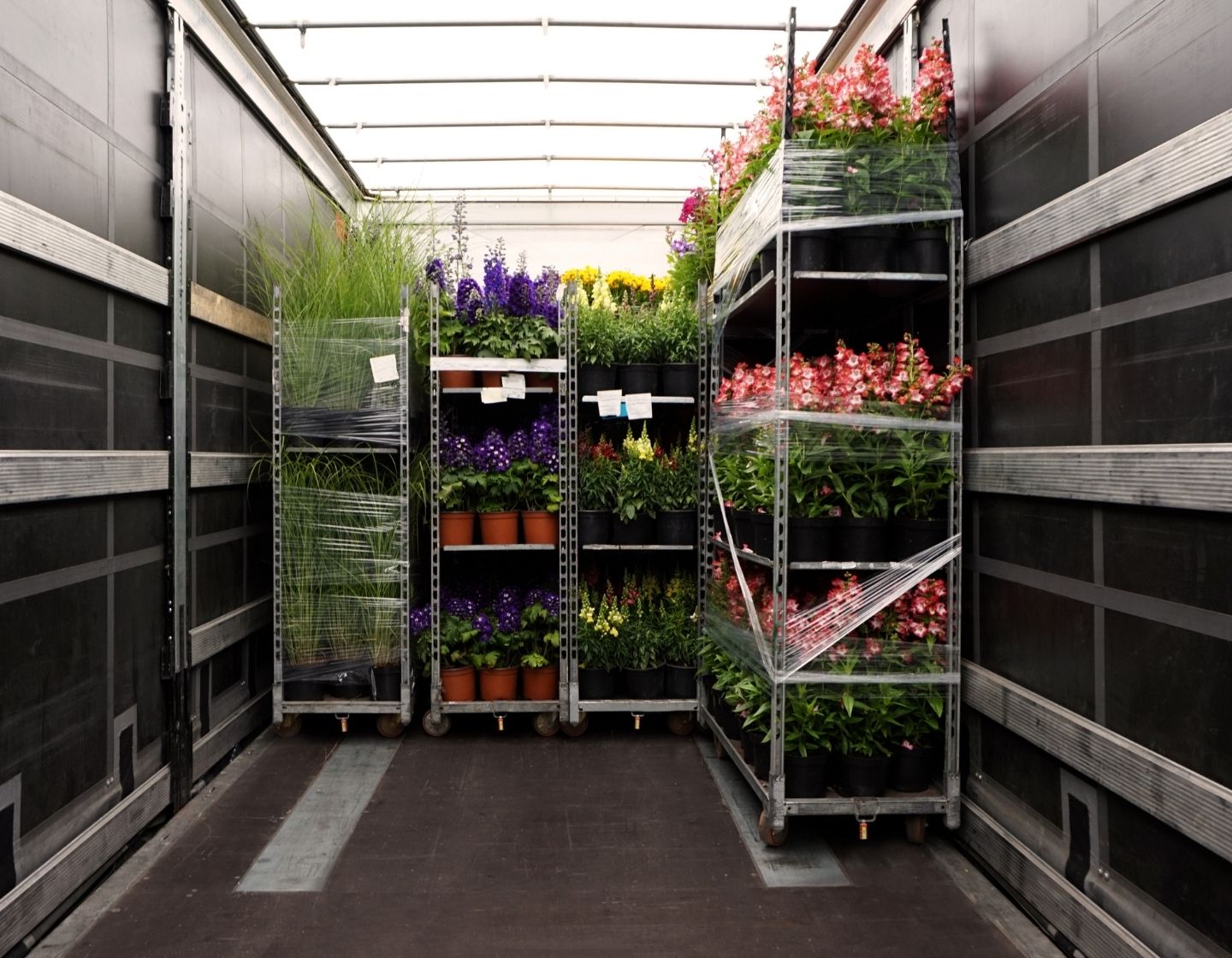
The Co-Op scrap bags for life in favour of compostable bags
Supermarket chain The Co-Op has decided to replace single-use plastic bags with compostable carrier bags for 10p. Starting in eight trial stores, this move will save 29.5 million bags for life, weighing around 870 tones of plastic a year.
Not only that, but it’s the first supermarket to publish a report to the government called ‘Bags to Right’, detailing recommendations on using plastic bags.
The Co-Op want the plastic bag levy upped to 50p to encourage consumers to use them more than once, they want reports on reusable bags to be mandatory for all retailers, and it urges single-use bags to be compostable.
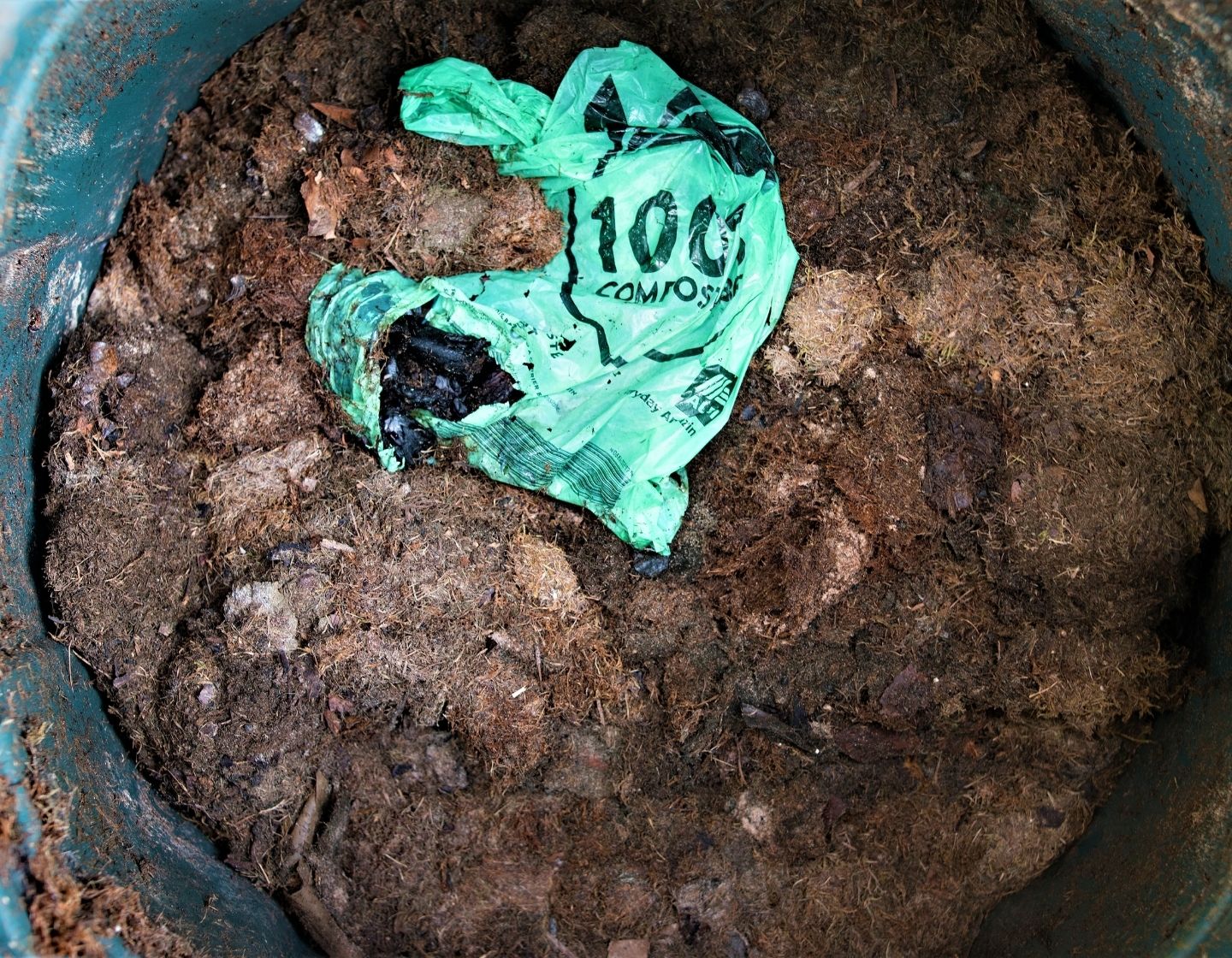
Asda George to sell second-hand clothing
After the success of Asda’s recycling scheme, ‘Take Back’ where customers can bring back unwanted clothes for a 10% off voucher, they’ve now introduced a pre-loved range.
Partnering with Preloved Vintage Kilo who have already saved over 800 tonnes of clothing going to landfill, Asda will now sell vintage, second-hand pieces in 50 of their UK stores to further prevent landfill waste.
This will mean that customers can find vintage and sometimes designer garments at a lower price, while reducing textile waste and helping the planet.
See if your local Asda will stock pre-loved vintage clothing here.
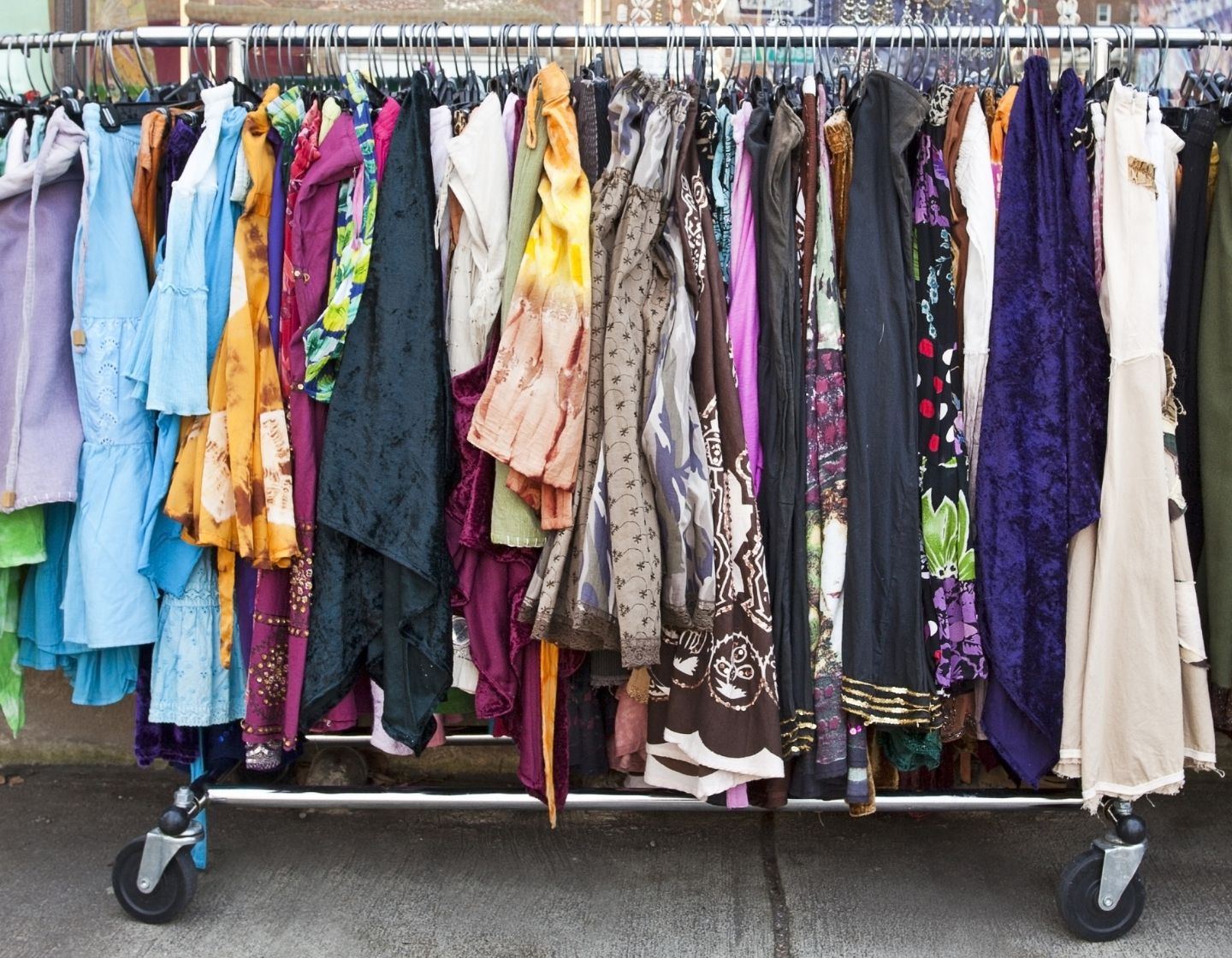
IKEA will now buy back unwanted furniture in UK
We love IKEA in this household, and not just for their meatballs. So we’re thrilled to hear the news that they’ll now buy back unwanted furniture to be reused, recycled or revamped!
Originally set to launch in November 2020, the coronavirus has put plans on hold until now. So far, across the world IKEA has given 47 million products a second home.
Items such as sideboards, bookcases, shelves, small tables, dining tables, office drawers, desks, chairs and stools without upholstery can be taken back to IKEA to be recycled, after customers have filled in an online request.
In return, customers will receive a refund card up to 50% of the original value to spend in store – depending on the condition of the items returned. The used furniture will be sold in IKEA as well as online marketplaces like Gumtree.

18 million trees planned to be planted around Glasgow over the next 10 years
Some more positive news! 18 million trees are set to be planted in the Clyde Climate Forest to help the city achieve their Net Zero goal.
Setting a good example for the Cop26 climate talks in November, over the next ten years woodland will be increased from 17% to 20% and roughly ten trees will be planted for every resident.
We hope you enjoyed the first article of our Sustainable News series. While you wait for June’s edition, browse our eco-friendly home products to continue your sustainable journey.
